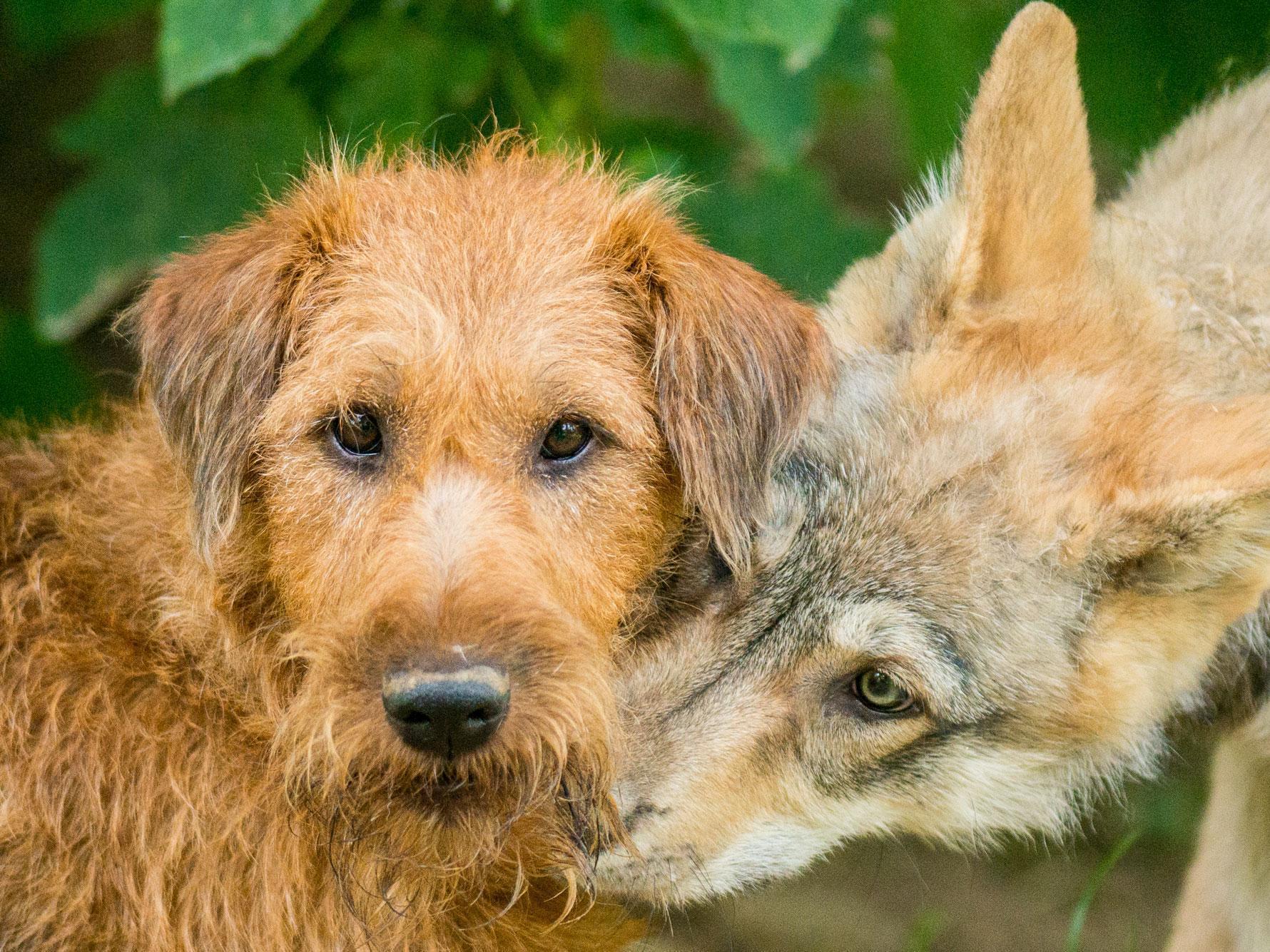Wolves are risk-takers but dogs became cautious like their human masters
The 'Wolf of Wall Street' may be a more apt nickname for millionaire fraudster Jordan Belfort than previously realised

Your support helps us to tell the story
From reproductive rights to climate change to Big Tech, The Independent is on the ground when the story is developing. Whether it's investigating the financials of Elon Musk's pro-Trump PAC or producing our latest documentary, 'The A Word', which shines a light on the American women fighting for reproductive rights, we know how important it is to parse out the facts from the messaging.
At such a critical moment in US history, we need reporters on the ground. Your donation allows us to keep sending journalists to speak to both sides of the story.
The Independent is trusted by Americans across the entire political spectrum. And unlike many other quality news outlets, we choose not to lock Americans out of our reporting and analysis with paywalls. We believe quality journalism should be available to everyone, paid for by those who can afford it.
Your support makes all the difference.The ‘Wolf of Wall Street’ was so named because of the American stockbroker’s ravenous appetite for success at any cost – regardless of the risk.
Now scientists have discovered the actual animal shares at least one of the same traits with Jordan Belfort, as played by Leonardo DiCaprio in the 2013 film.
For wolves are significantly more likely to risk losing it all for the chance of a valued prize than their canine cousins, according to new research published in the journal Frontiers in Psychology.
Given a choice between £100 and a 50-50 chance of getting £200 or nothing, most humans choose the sure-fire thing. Dogs, bred from wolves to become our "best friend", are much the same.
However it would appear that life as an apex predator, an animal whose main prey are large, potentially dangerous animals, like moose and bison, may have shaped wolves to favour the big score.
Researchers at the Wolf Science Centre in Austria tested seven dogs and seven wolves.
The choice was between an upturned bowl covering an “insipid” food pellet and another that half the time hid a piece of tasty meat, but contained only a stone for the other half.
The test subjects were rigorously trained and tested to ensure they understood the choice.
Each animal made 80 choices and, by and large, the dogs mirrored human behaviour when faced with such a choice with 58 per cent choosing the food pellet, no matter how tasteless they knew it would be.
But the wolves chose the riskier but more rewarding option 80 per cent of the time.
Dr Sarah Marshall-Pescini, of the Wolf Science Centre, said wolves’ preference for taking risks “seems to be innate” and could be a “function of ecology”.
“Wild wolves hunt large ungulates [animals like deer, cattle and pigs] – a risky strategy, not only because hunts often fail, but also because these prey animals can be dangerous,” she said.
“Whereas free-ranging dogs, which make up 80 per cent of the world's dog population, feed mostly by scavenging on human refuse, a ubiquitous, unlimited resource.
“So dogs no longer need to take risks when searching for food, and this may have selected for a preference to play it safe.”
It is thought playing it safe evolved as a human trait through natural selection. Losing your entire food store could be catastrophic, while adding to it might be nice but would not determine whether you lived or died.
The researchers believe that dogs became more cautious as they shifted from hunting to scavenging – often from waste left by humans – between 18,000 and 32,000 years ago when they were first domesticated.
Previous research has suggested that species that live on uncertain sources of food – like pure hunters – are more likely to take chances than animals that graze on abundant vegetation.
As for the human Wolf of Wall Street, in the 1990s Jordan Belfort earned a reputed £600,000 a week, owned a fleet of supercars and 167ft yacht, had a supermodel wife and a drug and aclohol habit. He threw parties for his sales staff with prostitutes and "dwarf-throwing" competitions.
In 2004, he was convicted of defrauding investors out of more than $200m and was sentenced to four years in prison. He had faced up to 30, but co-operated with the authorities and ended up serving just 22 months.
His memoir was turned in to the hit film and he remodelled himself as a motivational speaker.
Join our commenting forum
Join thought-provoking conversations, follow other Independent readers and see their replies
Comments